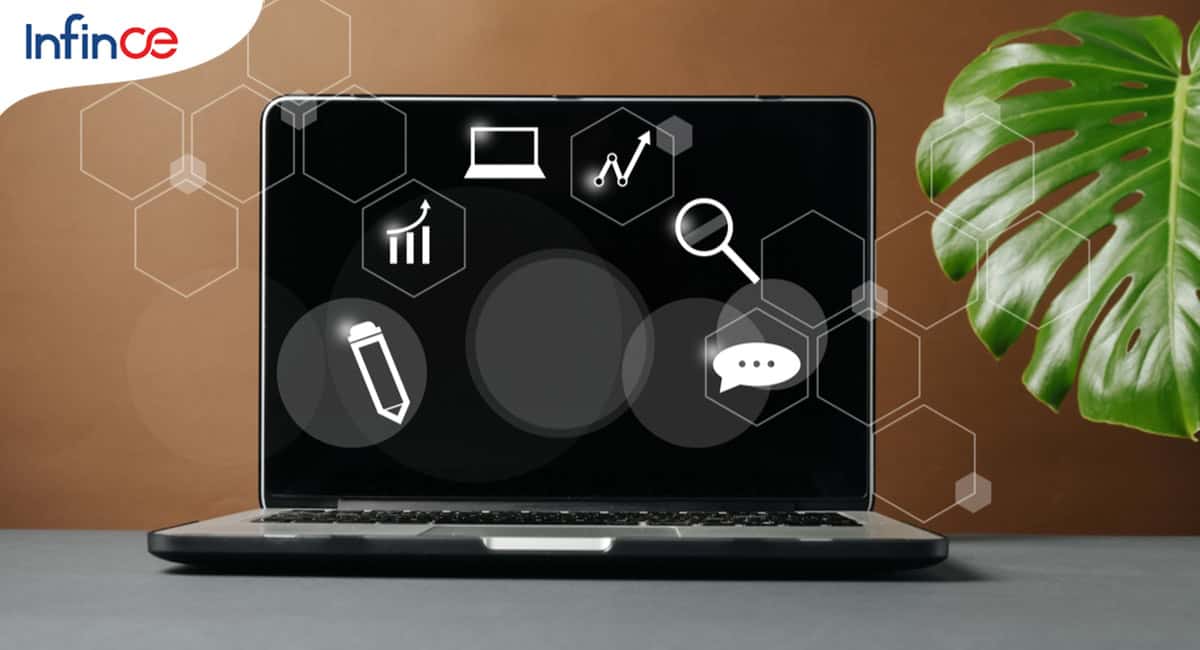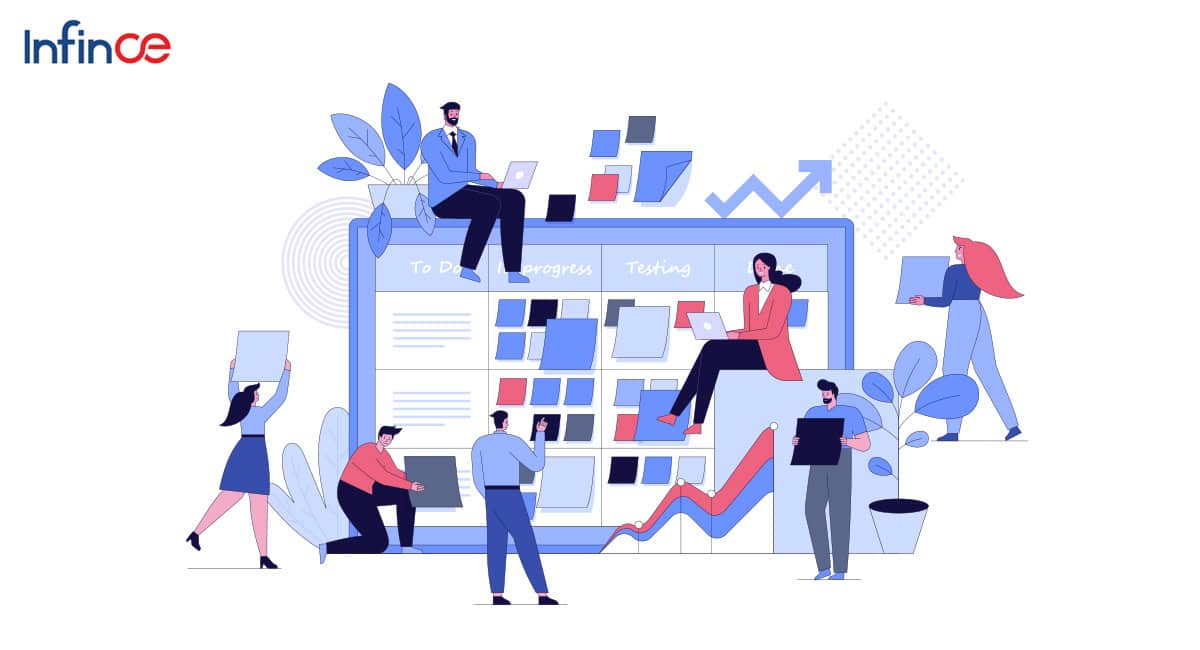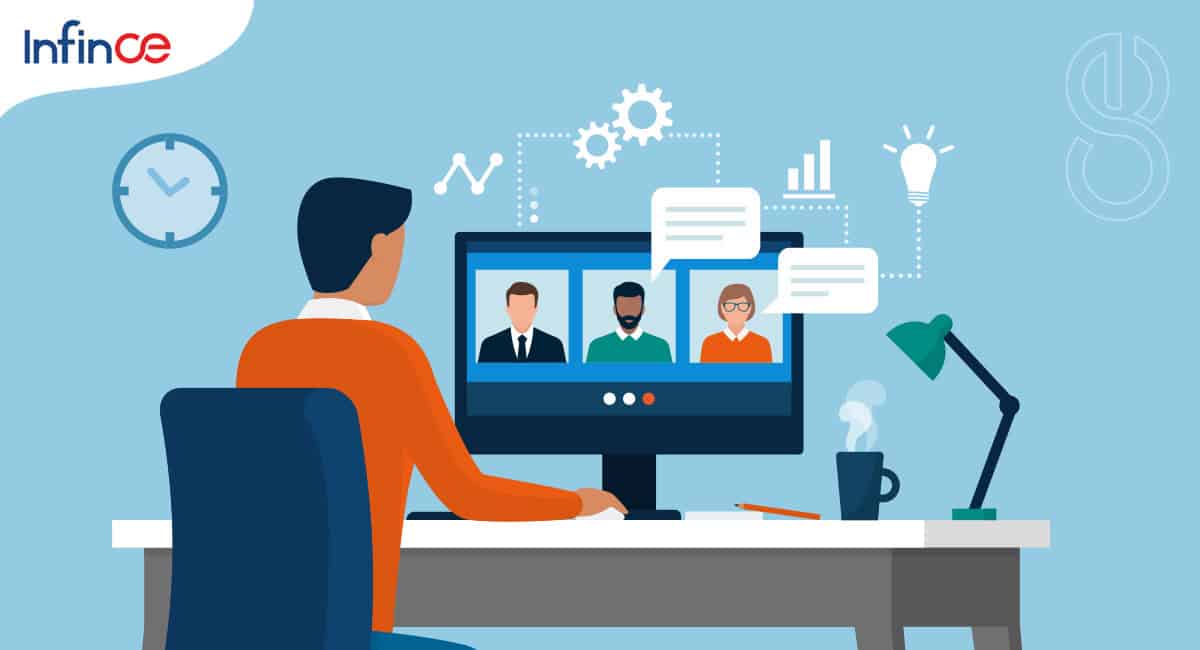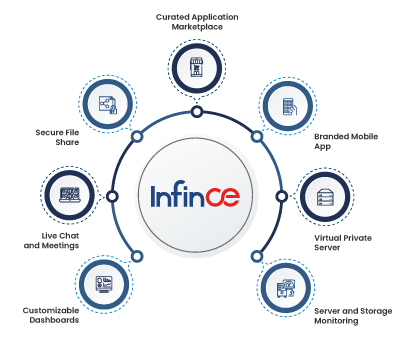Benefits of Monitoring Your Virtual Desktop Infrastructure in Real-time
As more and more companies send their workforces to operate remotely, the IT market is witnessing a surge in demand for VDI (Virtual Desktop Infrastructure). The development of the high-performance network 5G and next-generation computing devices make VDI an integral aspect of cloud computing today.
For those who are not familiar with VDI, here is a simple definition. Virtual Desktop Infrastructure (VDI) refers to the technology that employs virtual machines to manage virtual desktops. It hosts virtual desktop environments on a centralized server so that they can be deployed immediately upon request by end-users. It differs from desktop virtualization in the sense that VDI can be both persistent and non-persistent.
Desktop virtualization is a general umbrella term that covers any technology employed to break-up a desktop environment from the system hardware that is used to access it. While Virtual Desktop Infrastructure can be considered a type of desktop virtualization, VDI can be implemented in multiple ways like managing remote desktop services.
Read more: How IT Teams Can Prepare to Support Remote Workforce During COVID-19
How Virtual Desktop Infrastructure Works
Virtual Desktop Infrastructure uses a hypervisor to separate a server into different virtual machines that have the capability to host virtual desktops. These virtual desktops can be accessed by end-users remotely from their devices, while the host server will do all the processing and manage the allocation of resources. VDI can also have software-based gateways to let users connect to the appropriate virtual desktop environment securely.
In persistent Virtual Desktop Infrastructure, users connect to the same virtual desktop environment every time they access it. This makes it easier to customize the desktop for their specific needs, such as a personal physical desktop. In non-persistent VDI, users connect to generic virtual desktop environments, and there is no need to maintain any customized desktop environment between sessions. This allows companies to manage their resources effectively with a large set of employees that do not need a tailored desktop.
Key Benefits of Virtual Desktop Infrastructure
In the modern-day scenario, VDI can help businesses overcome the challenges that legacy systems posed. This can be in terms of user mobility, ease of access, security, flexibility, and performance. Organizations can now use hyper-converged infrastructure to facilitate greater scalability and high performance at significantly low costs.
Although VDI may seem a bit complex to some businesses, the enterprise adoption of Virtual Desktop Infrastructure can benefit the company.
1. Effective Centralized Management
VDI works based on a centralized format, which allows the IT team to update, patch, or configure multiple virtual desktops within the network quickly.
Read more: Top 4 Advantages of Centralized IT Administration for Your Business
2. Seamless Remote Access
VDI lets users connect to the virtual desktop environment from any location using any device, making it more flexible and convenient for different teams to collaborate on a project.
3. Better Cost Savings
VDI handles all the processing tasks at the server level, which keeps the hardware requirements for end-user machines in check, leading to better cost savings for the organization.
4. High-end Security
VDI manages data on the server, making it easier to protect sensitive enterprise information with high-end security features rather than managing security at multiple endpoint devices.
5. Superior Performance
VDI can be used in all kinds of business scenarios as it allows deploying virtual desktops for end-users on-demand efficiently, thereby boosting the remote workforce’s performance.
Virtual Desktop Infrastructure is also ideal for organizations that have BYOD policies in effect. As the centralized server will handle all the processing jobs, VDI can accommodate a broader range of devices while maintaining endpoint security and data integrity. However, managing VDI involves dealing with an extreme level of complexity. So, there could be many scenarios that will create challenges for the company.
Read more: 5 Ways Virtual Private Server Make a Difference to Your Business’s Digital Future
How Virtual Desktop Infrastructure Monitoring Helps
The most common challenges in employing VDI are:
- interruptions in the network connection,
- poor user experience, and
- issues related to functionality.
Troubleshooting virtual desktop environments can be overwhelming for the IT team. So, using Virtual Desktop Infrastructure monitoring tools is a viable solution.
VDI monitoring refers to monitoring, reviewing, and managing the functions, operations, and performance of the Virtual Desktop Infrastructure environment in an organization. It allows easy implementation of troubleshooting steps while facilitating security appraisal and better performance management. Nonetheless, VDI monitoring involves dealing with several processes and methodologies across the virtual desktop environment endpoints and the hypervisor layer, making it an intricate and extensive process.
VDI Monitoring: Setting Up the Objectives
Virtual Desktop Infrastructure monitoring uses a dedicated application or a virtual monitor to manage its operations. This allows the system to track user activity, operational status, security features, resource allocation, and more at every layer of the VDI. This makes it essential to define the monitoring platform’s objectives to effectively address all the problems related to operations, connectivity, and infrastructure. In general, the VDI monitoring tool should:
- Provide the necessary insights on all the levels of the VDI, including the hypervisor, virtual machines, and software-based gateways
- Provide extensive visibility of the networks, routers, communications links, servers, and applications of the platform
- Provide reports based on these levels of visibility to resolve the identified problems in the infrastructure or general platform
VDI Monitoring: Choosing the Tools
Selecting the tools for Virtual Desktop Infrastructure monitoring relies on the nature of the problem. Some VDI monitoring tools are designed to address the server-side issues, while some focus mainly on the client-side issues. Nevertheless, VDI monitoring should be based on a broader outlook of problems at every level of the infrastructure and the platform. Typically, VDI monitoring tools can be classified into three groups:
- Management and monitoring tools from VDI solutions providers that work on a licensing scheme and are more administration oriented
- Tools specially designed to review, monitor, and manage VDI platforms, which support the development of a hybrid structure for problem resolution
- General-purpose monitoring tools that cover VDI projects and allow organizations to evaluate the performance of the platform based on varied metrics
Ensuring Success
To ensure successful Virtual Desktop Infrastructure monitoring and guarantee optimal performance, it is vital to choose a reliable VDI monitoring tool packed with powerful features to track every aspect of the virtualization platform, network, applications, and server. Simultaneously, IT teams should be trained in employing VDI architecture, its various transactions, and elements. IT teams should also possess the technical knowledge to monitor the VDI in real-time to ensure that all the operations continue running smoothly.
InfinCE, a remote work platform, empowers your remote teams with access to their digital workspaces through powerful, secure, and flexible virtual desktops, anytime. Focus on your business, while we take care of the setup and maintenance of your virtual desktop infrastructure (VDI) and applications. Get in touch with us to learn more.





